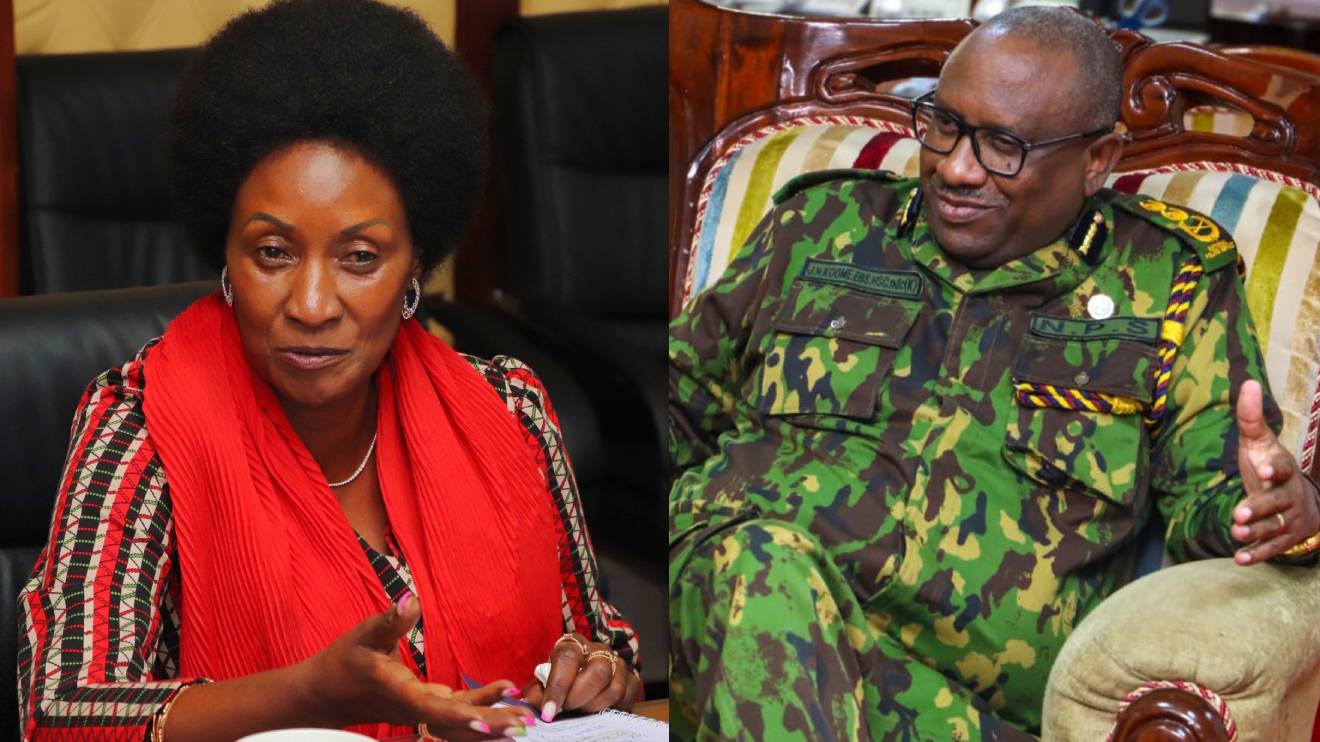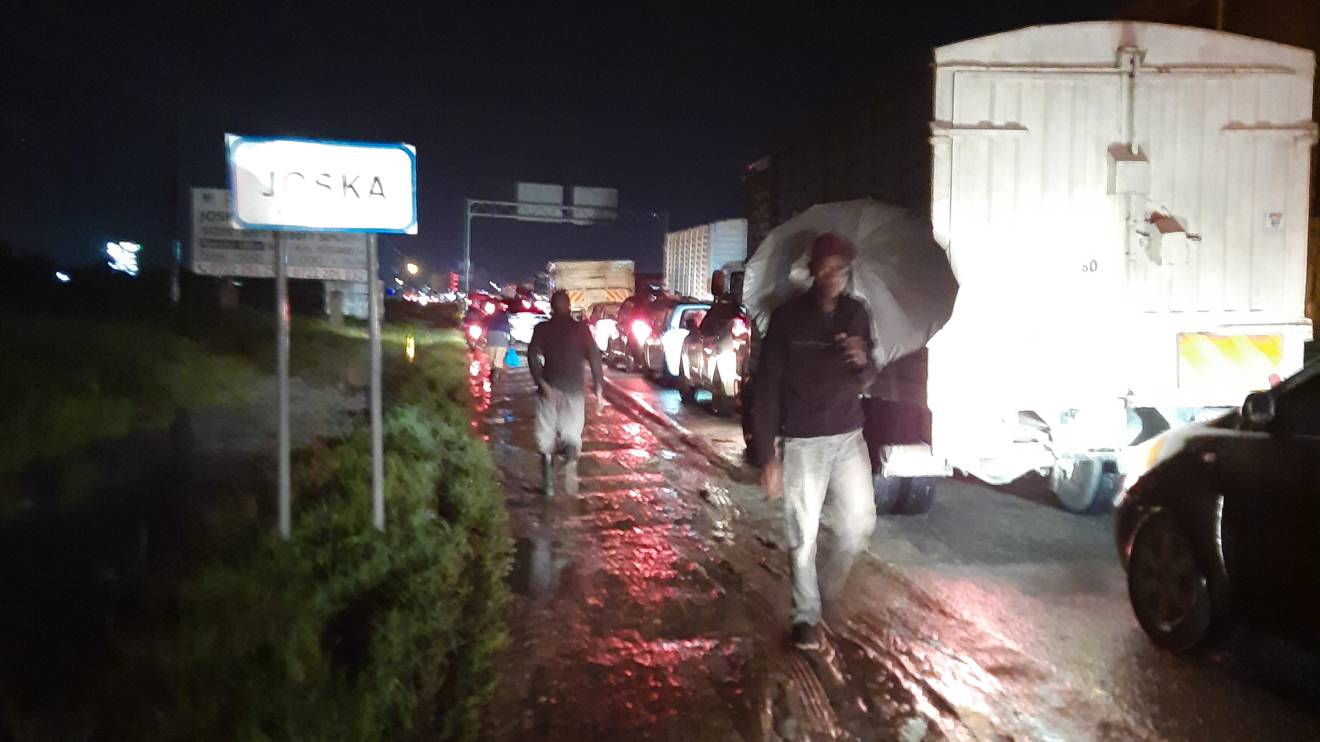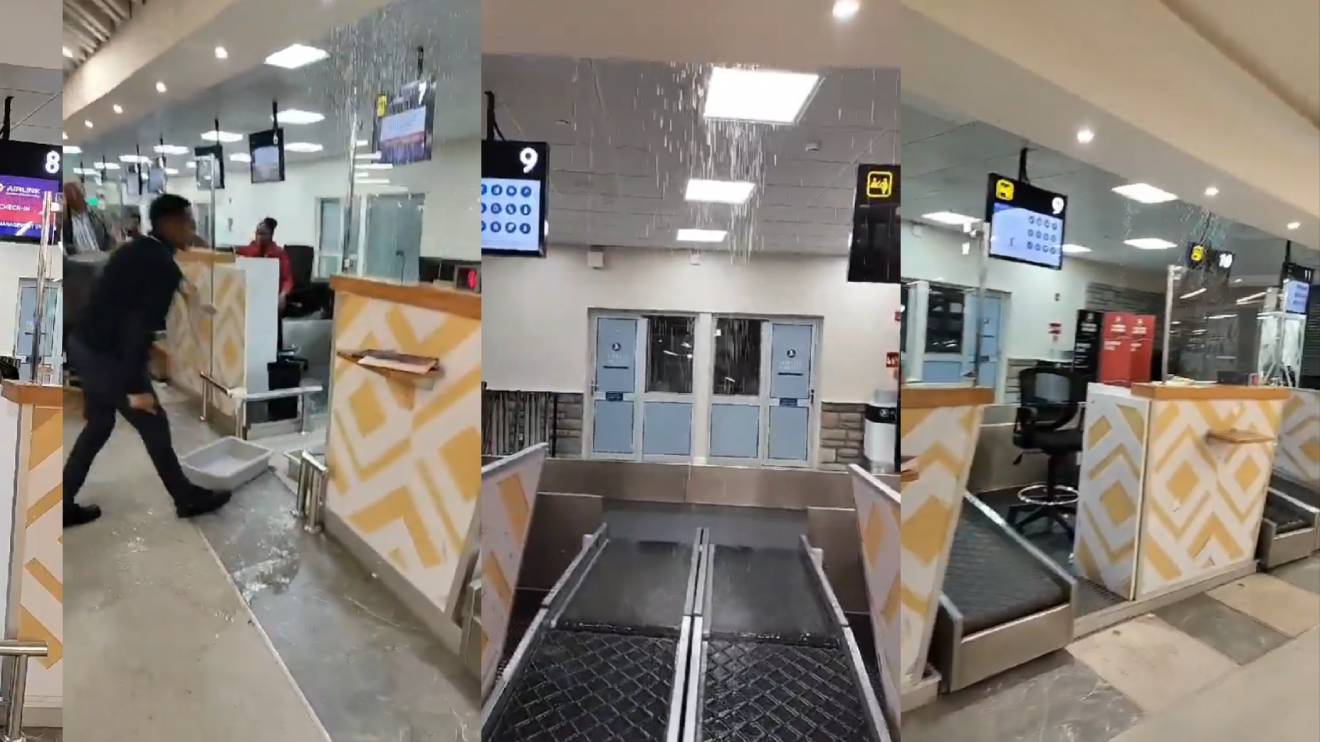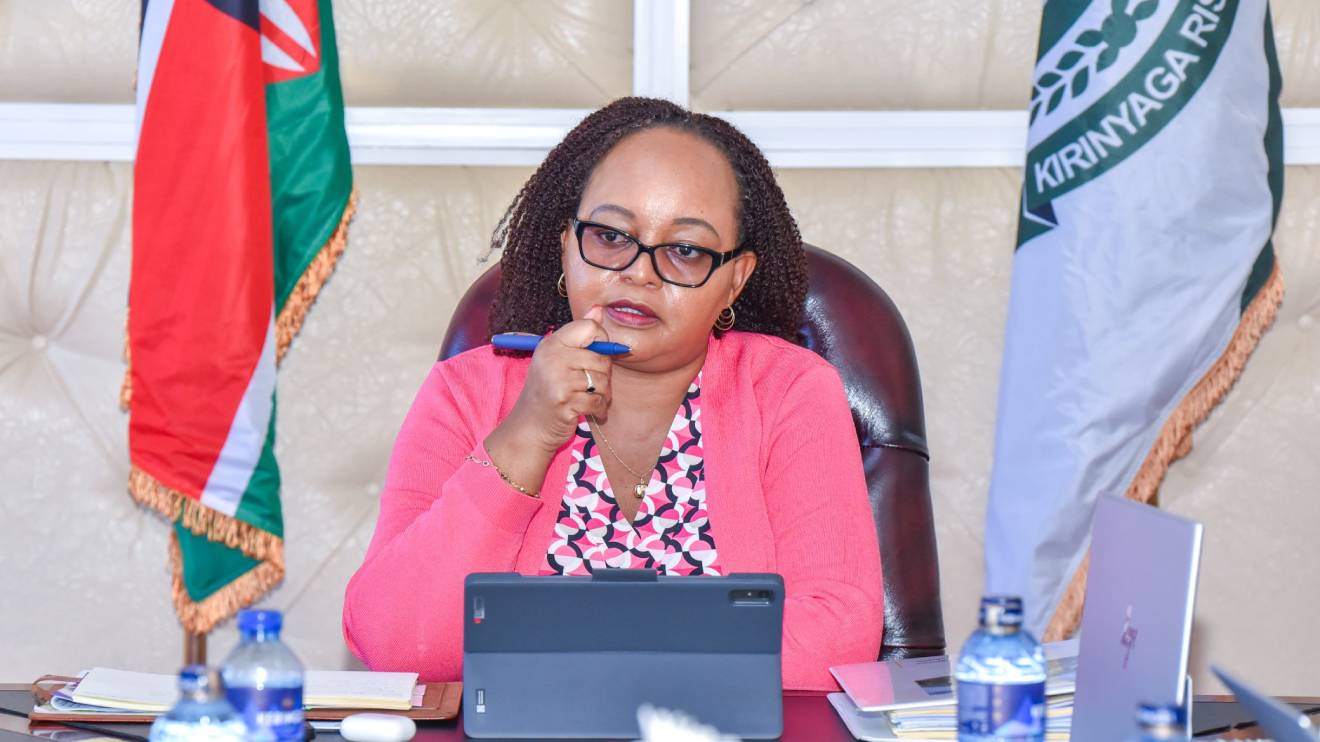The stability of the multibillion-shilling government-financed medical insurance scheme for teachers, police, and prison officers hangs in the balance as hospitals engaged in the program threaten to halt services due to Sh5 billion in unpaid capitation claims.
Despite the government disbursing Sh17.6 billion to the Teachers Service Commission (TSC) and Sh13.6 billion to the National Police Service Commission (NPSC) in the current fiscal year, hospitals are grappling with mounting debts.
The police and prison officers' scheme, encompassing Work Injury Benefits Act (Wiba), Group Personal Accident (GPA), last expense, and group life, along with Sh8.6 billion for medical cover, faces scrutiny as the Senate and National Assembly investigate the delayed processing of capitation claims.
The focus is on the legal status of Medical Administrators Kenya Limited (MAKL), responsible for processing payments and causing discontent among hospitals.
Nominated Senator Raphael Chimera, addressing the delayed claims for teachers, police, and prison officers, calls for a Senate Health Committee inquiry into Minet Kenya and MAKL.
Read More
He insists that MAKL reveal beneficiary numbers and medical service providers. Additionally, Chimera questions the legality of capitation in Kenya and proposes a forensic audit by Auditor-General Nancy Gathungu to scrutinize the administration of these schemes.
Hospitals, burdened by unpaid claims, are taking a stand. Nairobi West Hospital, owed Sh576.79 million, warns of suspending services, impacting policyholders.
The hospital's letter, copied to the Inspector General of Police Service and Commissioner-General of Kenya Prisons Service, emphasizes the financial strain, hindering operations and jeopardizing healthcare provision.
On November 21, 2023, Rosemary Kuraru, representing Inspector-General of Police Japheth Koome, wrote to CIC General Insurance Limited about Nairobi West Hospital's demand for outstanding claims.
The teachers' medical service scheme, now marred by complaints, prompts concerns in Parliament regarding MAKL's private status and the procurement process disguised as an insurance scheme.
The intricate scheme involves Minet Kenya and a consortium led by CIC General Insurance Limited, subcontracting MAKL with a 7 per cent administration fee.
While premiums flow directly to insurers, MAKL manages capitation, determining low fees for hospitals and doctors.
This arrangement leads to prolonged waiting times, outright denial of services, and frustrations, pushing patients to opt for out-of-pocket expenses elsewhere.
The Senate's investigative spotlight extends to TSC, NPSC, and the Insurance Regulatory Authority (IRA) to clarify actions taken against MAKL's delays.
As hospitals teeter on the brink of suspending services, the fate of policyholders under these schemes hangs in the balance.



-1714232911.jpeg)




